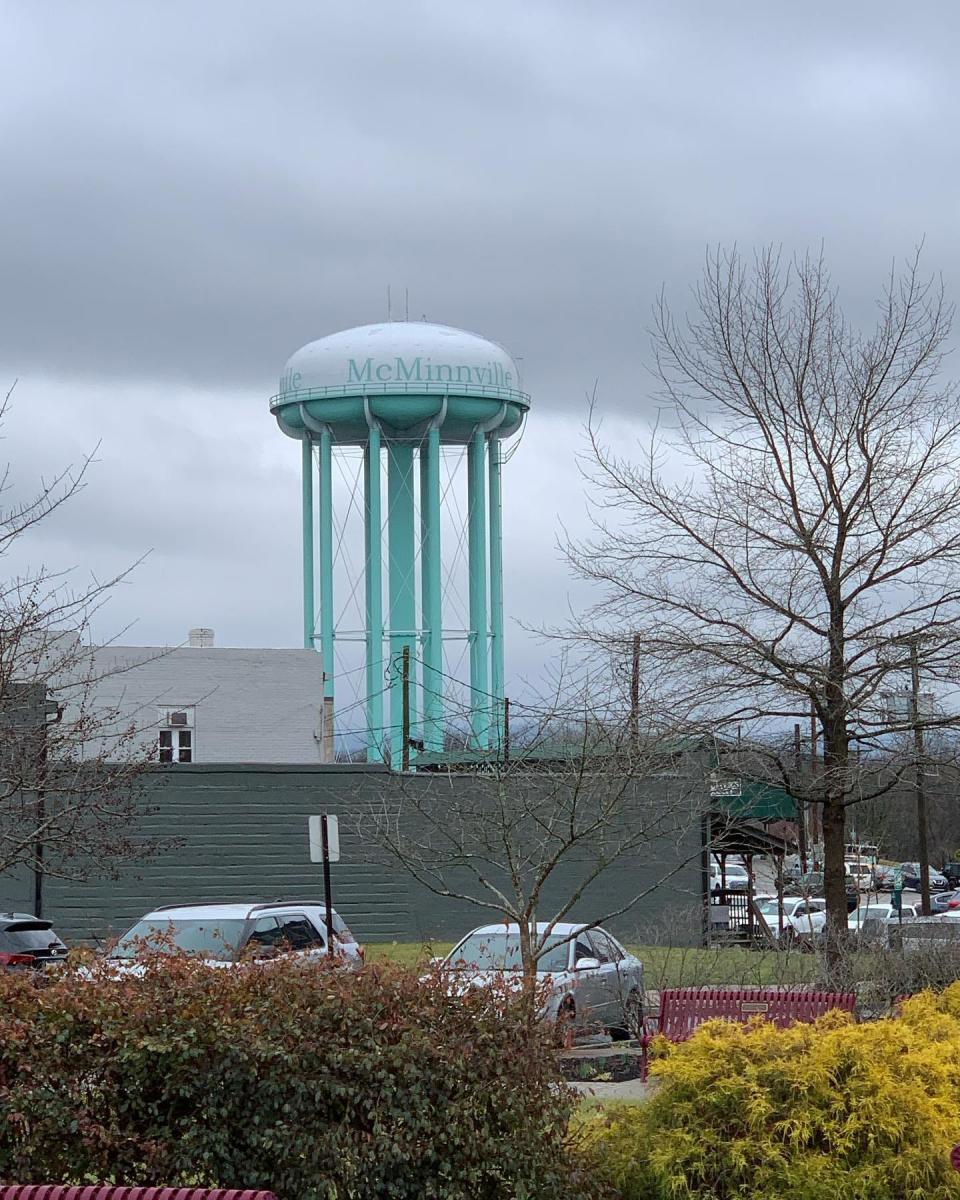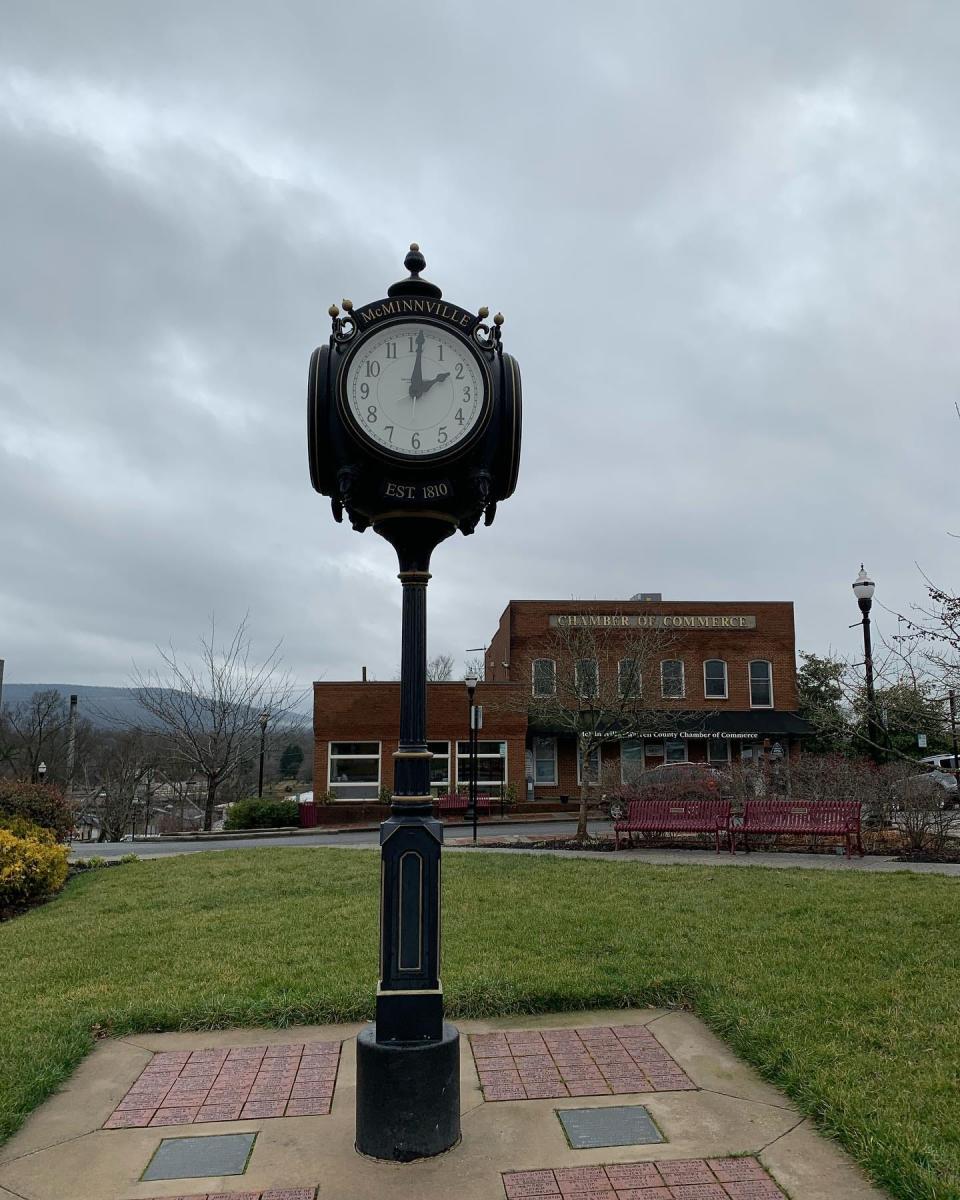Ending polarity in America means connecting with citizens in different communities
- Oops!Something went wrong.Please try again later.
American author Mark Twain famously wrote: "Travel is fatal to prejudice, bigotry and narrow-mindedness, and many of our people need it sorely on these accounts."
This lesson can be applied as much for globe-trotting as it can be for traveling within our own state.
At a time of rising political polarity in America, a solution to lowering the temperature is to connect with citizens from communities that might seem different from our own experience.
In my latest column, I wrote about my trips to McMinnville, Tennessee, including my recent visit in February, after a four-year gap, to speak to local Rotarians about our Civility Tennessee campaign.

On the surface, Nashville, where I live, is very different from McMinnville, a small rural city about 80 miles east of the state capital — in population, politics and personality.
But both cities share a commitment to civic leadership for the purpose of upholding society and sometimes challenging it, as well.
I shared a moment of vulnerability in my column about some hesitation I had when I made my first visit to McMinnville. Some readers have lauded that admission while others saw it as proof of bias.
We all have biases accrued from life experiences, but that does not preclude us from working to see eye-to-eye with others and empathizing with people who do not share our politics or our perspectives.

If we all care about American democratic values and tradition, there is room for variety.
Scroll to read the column.
Pro tip: Think about planning a trip to an unfamiliar place and getting to know the sights and people.
Special: This morning, the USA TODAY Network Tennessee publishes a series of a dozen essays by educators, advocates and parents about Gov. Bill Lee's proposed overhaul of school funding. Some see Lee's approach as visionary, while others have deep reservations. As part of our mission to welcome diverse viewpoints, we hope these essays will illuminate the issue and provide food for thought to help citizens understand, absorb and share their views on the debate on education policy in Tennessee.
Here are a couple of other selections in this week's newsletter:
Columnist Cameron Smith of Nolensville writes that Russia's invasion of Ukraine requires bold and decisive action.
Meanwhile, columnist George Korda of Knoxville writes about U.S. foreign policy in the context of his grandparents' emigrating from Ukraine to America.
Columnist LeBron Hill of Nashville presents his first in a series of columns about how country music leaders are contending with the racial reckoning in America.
Guest essayist Tameka Greer of Memphis argues that gun violence is an epidemic that requires in-depth research and solutions.
Do you agree or disagree with this week's viewpoints? Let me know, and I invite you to write your own letter to the editor.
Thank you for reading!
David Plazas is the director of opinion and engagement for the USA TODAY Network Tennessee. Email him at dplazas@tennessean.com, call him at (615) 259-8063 or tweet to him at @davidplazas.
This article originally appeared on Nashville Tennessean: Civility Tennessee: Ending polarity means connecting with others

